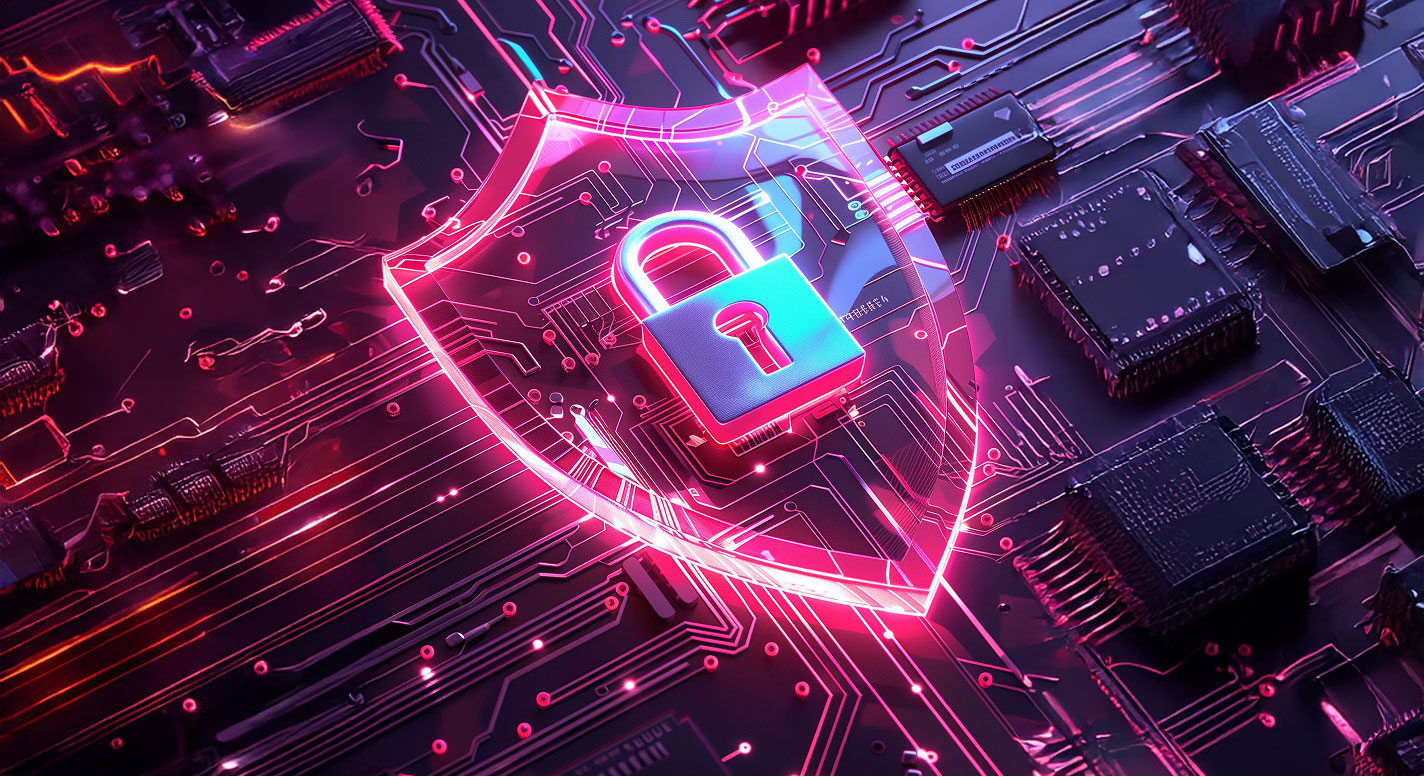
Computer Security Day: Lessons from the Louvre Heist for Cyber Security
A United Cyber Defense Is the Jewel in Our Crown
This week, let’s look to the Louvre for inspiration.
In normal circumstances, a jewel heist will have very little to do with cyber awareness. But in this case, it has quite a lot to do with cyber awareness.
Reports say the password for the museum’s surveillance system, which protected one of the world’s most valuable art collections, was simply ‘Louvre.’
Choosing convenience, sticking to habits, or assuming we’re safe can create risks we don’t expect. Often, just one weak spot can bring down a whole system.
Or as we have just seen, can lead to the theft of jewels worth 154 million dollars.
In the digital world, these mistakes usually have real consequences.
These breaches put organizations, governments, and people at risk in ways technology alone can’t always prevent.
Technology Can’t Make Decisions for Us
We’ve created an amazing digital world. Still, most security problems come from human mistakes like easy-to-guess passwords, trusting the wrong people, or missing warning signs.
Machines can spot patterns, find odd behavior, and respond to attacks. But only people can stop and think, ask questions, and make decisions that prevent disasters.
Every incident has a story like this.
An employee hurries through emails, a manager clicks a link without thinking, or someone shares a password to save time.
These examples remind us that our actions are central to digital security.
Cyber Awareness Starts at Home
Our responsibility begins with our own digital habits. Every small choice we make helps strengthen our defenses.
Whether it is updating our software, thinking before sharing information, or being careful with every digital interaction.
When awareness becomes routine at home, it carries over to the workplace.
Teams that talk about suspicious emails, question strange requests, and help each other stay safe build a culture where everyone shares responsibility for security.
This culture doesn’t come from fear. It grows when people understand and support each other.
By working together, we become stronger and better able to protect what matters most.
From Organizations to Nations
People often say that systems are only as secure as the people who use them.
In any organization, a cybersecurity policy only works if everyone is involved, from interns to executives.
Leaders show whether security is a burden or something everyone shares.
The same idea applies to entire countries.
Economies, public services, and even democracy rely on people who see digital safety as part of daily life.
One person’s small mistake can affect networks, industries, and even other countries. Staying strong is something we do together.
Changing the Story
For too long, cybersecurity messages have relied on fear: hackers, breaches, and worst-case scenarios.
Fear gets our attention, but it doesn’t help us stay safe in the long run. Feeling empowered does.
Imagine if we saw every click, every choice, and every small precaution as a way to help keep everyone safe.
This mindset transforms vulnerability into collective strength.
A Shared Defense
International Computer Security Day isn’t just about updating passwords. It reminds us that being aware gives us power.
Each of us, at home, at work, and online, plays a part in keeping the world secure.
Technology will keep advancing, and so will the threats we face. But even the best systems can’t replace human judgment.
Take a moment to pause, ask questions, and act with care. No algorithm can match these defenses. When enough of us do this, we become stronger than any threat.
This article was written by Cywareness, a company specializing in cybersecurity awareness.
As part of its mission, Cywareness continues to monitor emerging trends, analyze real-world attacks, and share practical insights to help organizations stay ahead in today’s evolving threat landscape.
